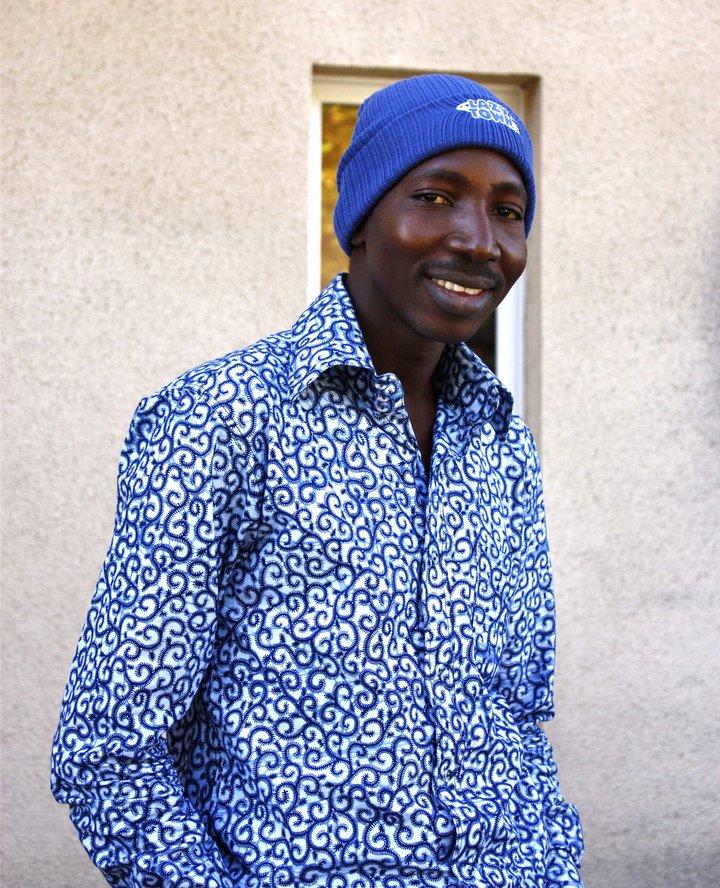The winner of the Abdou-Salam Ouédraogo Fellowship announced

The fellowship has been awarded to a young researcher from the National Tree Seed Center of Burkina Faso, founded and directed by Dr Ouédraogo to carry forward the research on Parkia biglobosa, commonly called néré.
We are pleased to announce that Mr Guibien Cléophas Zerbo has won this year’s ASO Fellowship which supports young scientists to carry out research on conservation and use of forest genetic resources.
Guibien is a forest engineer from Burkina Faso and has a Master’s degree in Environmental Management in Developing Countries. He is currently working as research engineer at the National Forest Seed Centre in Burkina Faso, the same one that Dr Abdou-Salam Ouédraogo, to whom this fellowship is dedicated, founded in 1984 and directed for several years. Guibien and his team are focusing on the improvement of many local tree species such as Gum Arabic tree (Acacia Senegal), karité (Vitellaria paradoxa) and néré (Parkia biglobosa).
As part of this fellowship, Guibien will contribute to the conservation of genetic resources of néré and to increase the income of small producers who grow it. Néré is one of the most important tree species in the Sudano-Sahelian parkland systems and is considered to be of high social, economic and cultural value. The local communities use different parts of this tree for food, fodder and medicine to treat digestive and cardiovascular diseases, headaches and even excessive weight. Due of high exploitation rates and the pressure posed by climate change, the species is threatened in the northern part of its distribution in West Africa. Even though the tree is usually managed by people in their farmlands, the existing conservation efforts, focused on propagation of specific tree populations, are often conducted in nurseries without establishing linkages with farmers. To bridge this gap, Guibien will work closely with local communities. Through participatory approaches, best performing trees will be identified jointly with local farmers, and their seeds tested both in farmer fields and nurseries for what concerns their germination and growth rates. Farmers will also be trained on how to manage the seedlings planted.
If Dr Ouédraogo were alive today, he would be glad to see that he is helping a promising young researcher from the same institution he headed, and that the research he pioneered in the mid-1990s — on the characterization of the genetic diversity of néré in West Africa — is brought forward by young colleagues.
